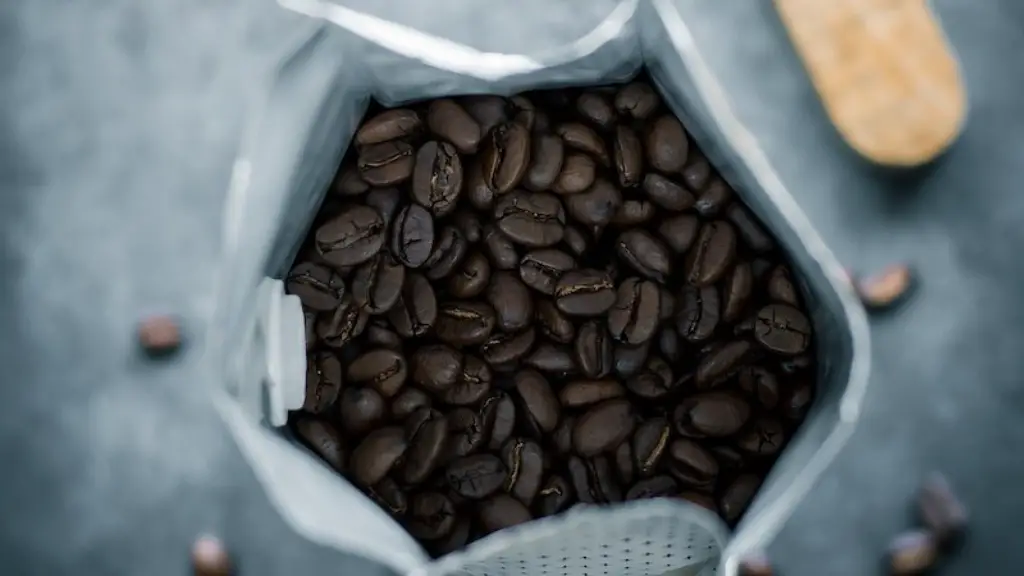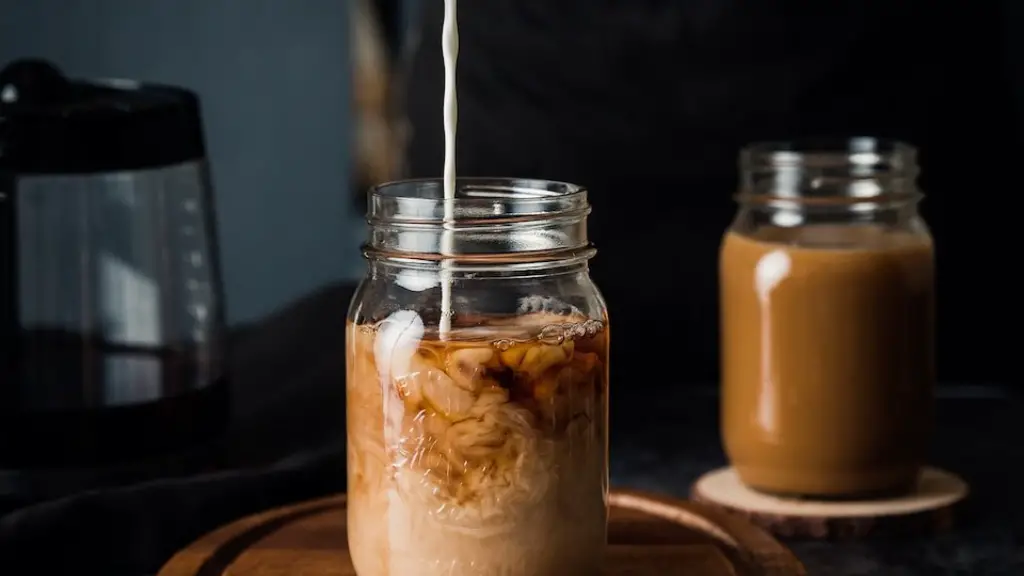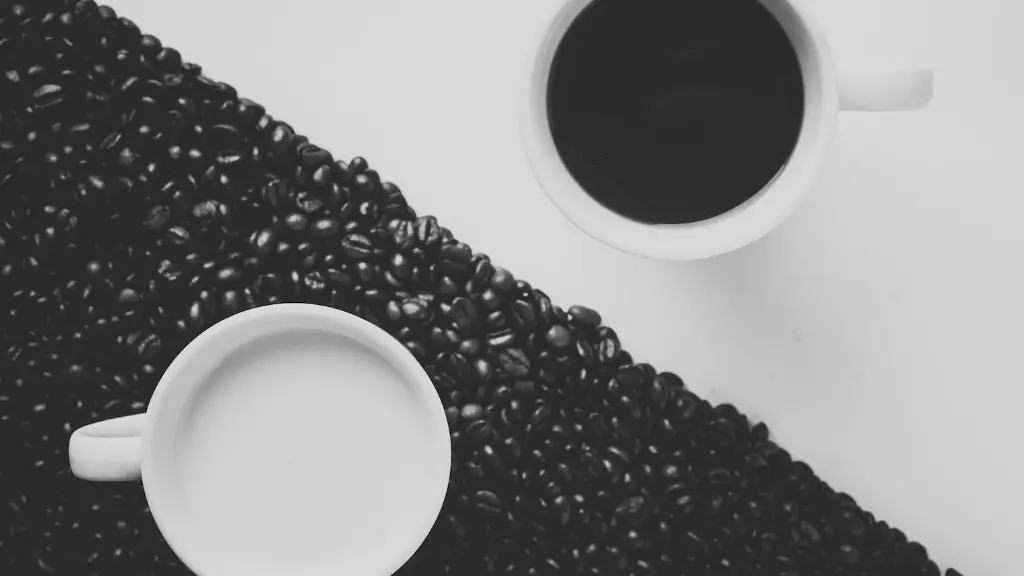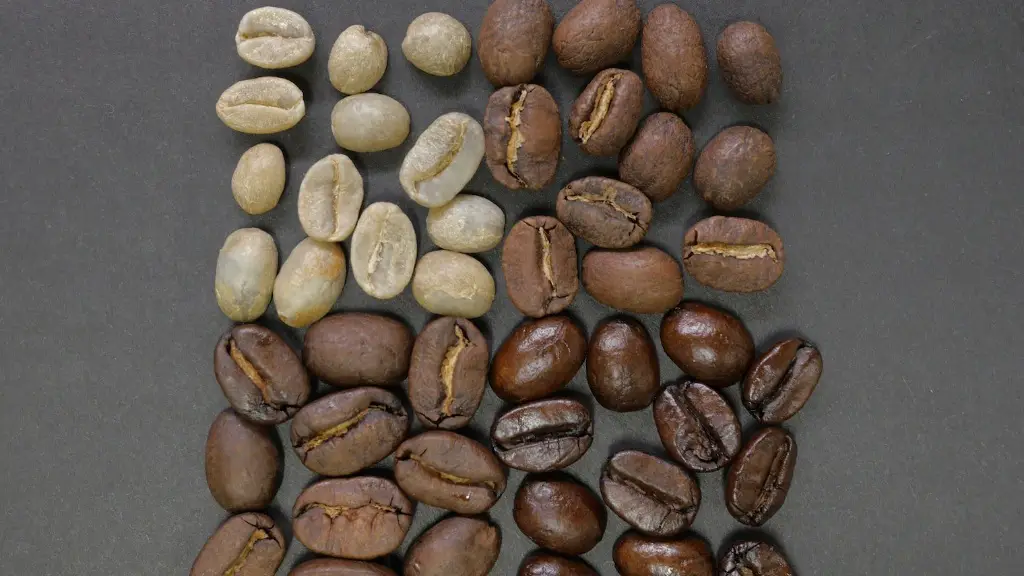Coffee is a beloved morning staple for many, with some experts noting that nearly 3 billion cups of coffee are consumed in the world each day. But ever since you began considering having a baby, you may have wondered – should I stop drinking coffee when I’m trying to conceive?
The consensus seems to be that caffeine, including that derived from coffee, is safe to consume in moderate quanites while attempting to get pregnant. Studies have found that up to 200-300mg of caffeine per day has not been associated with changes in fertility for both men and women. In the United States, a cup of brewed coffee contains 95-200mg of caffeine – meaning if you limit your intake to one cup of regular drip-brewed coffee per day, you should be well within the safe range while trying to conceive.
However, other research suggests that higher levels of caffeine (more than 600mg per day) can have a negative effect on fertility – as it can prevent embryos from implanting in the uterus. In addition, one study found that women who consumed more than 500mg of caffeine per day were twice as likely to experience infertility as those who consumed less than this amount. Women with severely reduced fertility who were trying to conceive were advised by experts to cut out caffeine completely from their diet.
It’s important to keep in mind that the effects of caffeine on fertility may differ from person to person. So, it is best to consult with a doctor before reducing or eliminating caffeine from your diet. Some doctors may suggest cutting out all sources of caffeine for at least three months prior to conceiving – and then continuing to drink coffee in moderation during and after pregnancy.
It is also important to note that coffee is not the only source of caffeine in the average lifestyle. Sodas, tea, energy drinks and even chocolate can contain varying amounts of caffeine. Limiting or eliminating these other sources of caffeine in addition to coffee may be beneficial if you are trying to conceive.
In conclusion, while avoiding caffeine altogether certainly can’t hurt, it isn’t totally necessary while trying to conceive. If you are a regular coffee drinker and don’t want to cut out your morning cup, that is fine too – as long as you stick to the recommended guidelines’ limit of 200-300mg of caffeine per day.
Effects on Men’s Fertility
Although the effects of caffeine on female fertility are more widely studied, caffeine also has an impact on men’s fertility. Studies suggest that frequent caffeine consumption (more than 300mg/day) may reduce sperm count, as well as decrease levels of sperm motility, or how well the sperm moves. Furthermore, sperm morphology, or how well the sperm is formed, can be affected by caffeine as well.
It is important to note that although these effects have been noted, they don’t necessarily have a direct correlation with lowered fertility. Men who consume at least 300mg/day of caffeine do not necessarily have a reduced chance of conception. However, this does not mean that it wouldn’t still be beneficial for men to cut back on their caffeine intake during trying to conceive.
It is important to remember that while caffeine in moderate amounts is generally safe while attempting to conceive, an individual’s body may respond differently to a reduced or limited caffeine intake. Everyone has different needs and preferences, and no one-size-fits-all approach to conceiving is available. Ultimately, it is best to consult a medical professional before making any drastic changes to your diet.
Reducing Cravings for Coffee
If you’ve decided to cut out coffee while trying to conceive, it is important to know that it’s not going to be an easy task. Some tips for reducing cravings for coffee include swapping it out with other beverages, such as herbal teas. Ask your doctor for recommendations on herbal teas that can provide a flavorful boost instead of coffee.
In addition to drinking herbal teas, there are other ways to increase your energy levels. Low to moderate amounts of exercise, getting enough sleep, and eating a balanced, nutritious diet can all help to keep your body energized during the day.
As tempting as it may be, it’s also important to try to avoid reaching for sugary snacks or drinks – as they can surge your energy levels, but only briefly. Instead, stick to natural sources of energy (such as fruits and whole grains) to help fight off fatigue.
Finally, if you are still having trouble avoiding coffee, try replacing it with another activity. If you normally have coffee with friends, for example, try going for a walk or meeting up for a game of frisbee instead. Distractions like these can help shift your focus away from the craving and ultimately lead to a healthier lifestyle overall.
What to Do if You Slip Up
Of course, it is inevitable that some days you may find yourself craving a cup of coffee – or even having a cup, despite your best intentions. It is important to remember that a slip up or two shouldn’t discourage you from continuing to try. If you find yourself having too much caffeine, don’t be too hard on yourself – just get back on your plan the next day.
If you find yourself having a lot of difficulty resisting that cup of joe, however, consider consulting a medical professional. They can help come up with a plan to reduce your caffeine consumption that is tailored to your individual needs.
Timeline for Caffeine Consumption
If you decide to cut out or reduce your caffeine consumption when attempting to conceive, there is no one-size-fits-all timetable for doing so. However, you may want to consider gradually reducing your intake instead of cutting it out all at once. This will help your body adjust to the changes more easily and reduce the chance of withdrawal symptoms.
If you are having trouble doing this, consider starting with a one-week trial period of abstaining from caffeine. After that, gradually reintroduce it in small amounts each day – and increase your daily intake until you reach the recommended 200-300mg limit.
Alternatives to Coffee
As previously mentioned, herbal teas can be a great substitute for coffee when trying to conceive. In addition to tea, there are also other options that may provide a boost of energy without any caffeine. Cold-pressed juices and smoothies offer an all-natural energy-lift, and can easily be made at home.
If you love hot beverages, try brewing some alternative drinks such as chicory, dandelion root tea, or even hot water with a slice of lemon. These are all caffeine-free options that can provide a great start to your day.
Finally, if you’re missing the flavor of coffee or just need a mental pick-me-up, don’t be afraid to treat yourself to a cup of decaf. It may not provide a ton of energy, but it can certainly satisfy that craving for a cup of java.
Risks of Too Much Caffeine
While a moderate amount of caffeine is generally safe when attempting to conceive, it is important to remember that there are potential risks to consuming too much caffeine. Not only can it have an effect on fertility, but caffeine can also increase your blood pressure and heart rate.
In addition, caffeine is a diuretic, meaning it can cause increased urination which can lead to dehydration. Finally, caffeine is a stimulant, and overconsumption can lead to restlessness, anxiety, and even insomnia – not ideal when you’re trying to fall asleep each night.
For this reason, it is best to limit your caffeine intake to 200-300mg per day while trying to conceive. This will reduce your risk of experiencing any negative side effects, as well as it will help ensure that your body receives all the nutrients it needs for healthy fertility.





